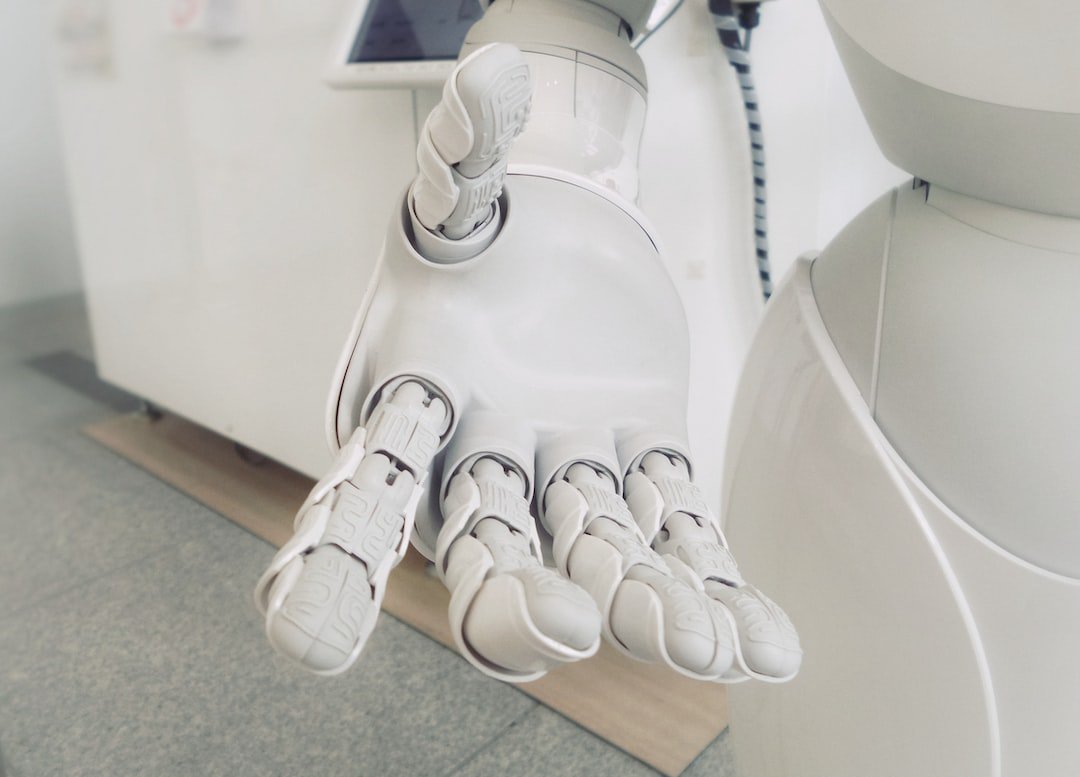The Internet of Things (IoT), a term coined by British technology pioneer Kevin Ashton, refers to the network of physical devices, vehicles, appliances, and other objects that are embedded with sensors, software, and connectivity to enable them to connect and exchange data with each other over the internet. This interconnected web of devices is revolutionizing our daily lives in ways that were unimaginable just a decade ago.
One of the most significant impacts of the IoT is in the field of healthcare. With the help of wearable devices such as fitness trackers and smartwatches, individuals can now monitor their vital signs in real-time. These devices can track heart rate, blood pressure, sleep patterns, and even detect anomalies in the body. This enables individuals to take proactive steps to maintain their health and seek medical help when required. Moreover, IoT devices are now being deployed in hospitals and clinics, allowing doctors to remotely monitor patients and provide timely interventions, thus saving lives.
Smart homes are another major application of the IoT. By installing sensors and smart devices in our homes, we can automate various tasks and enhance our living experience. For instance, smart thermostats can learn our temperature preferences and adjust accordingly, saving energy and lowering our bills. Home security systems can be linked to our smartphones, allowing us to monitor and control them from anywhere in the world. Smart appliances can communicate with each other to optimize energy usage and provide us with convenience.
The IoT is also making its way into the world of transportation. Connected cars equipped with sensors and internet connectivity can collect data about traffic conditions, weather, and vehicle performance. This data can then be used to optimize routes, improve fuel efficiency, and enhance overall safety on the roads. Moreover, autonomous vehicles are becoming a reality, with companies like Tesla and Google developing self-driving cars that can navigate through traffic without the need for human intervention.
Retail is another sector that has been significantly impacted by the IoT. Smart shelves equipped with RFID tags can keep track of inventory levels in real-time, alerting store managers when items are running low and need to be restocked. Beacons placed throughout the store can send personalized offers and recommendations to shoppers based on their preferences, creating a personalized shopping experience. Moreover, IoT devices can enable seamless payment processes, allowing customers to make purchases without the need for cash or cards.
In the manufacturing industry, the IoT has brought about a new era of connectivity and efficiency, known as Industry 4.0. Sensors placed on manufacturing equipment can provide real-time data on production rates, energy consumption, and maintenance needs. This data can be used to optimize production processes, reduce downtime, and enhance overall productivity. Moreover, the IoT enables predictive maintenance, with machines automatically detecting potential issues and notifying maintenance teams before a breakdown occurs.
Agriculture is yet another sector that stands to benefit greatly from the IoT. With the help of sensors and connected devices, farmers can monitor soil moisture levels, nutrient levels, and even the health of individual plants. This allows them to apply fertilizers and water only where it is needed, reducing waste and increasing crop yields. Furthermore, farmers can receive real-time weather updates and forecasts, enabling them to make informed decisions about irrigation, pest control, and harvesting.
The IoT has undoubtedly revolutionized our daily lives, making them more convenient, efficient, and safer. However, it also raises concerns about privacy and security. With billions of devices connected to the internet, there is an increased threat of hackers gaining access to personal data or even taking control of critical systems. Therefore, it is crucial for individuals and organizations to take appropriate security measures and ensure that IoT devices are properly protected.
In conclusion, the Internet of Things is transforming various aspects of our lives, from healthcare and transportation to retail and manufacturing. This interconnected network of devices has the potential to revolutionize industries, enhance productivity, and improve the quality of our lives. However, it is essential to address the privacy and security challenges associated with the IoT to fully reap its benefits. As we continue to witness advancements in technology, it is exciting to imagine the possibilities that the Internet of Things will bring in the future.

